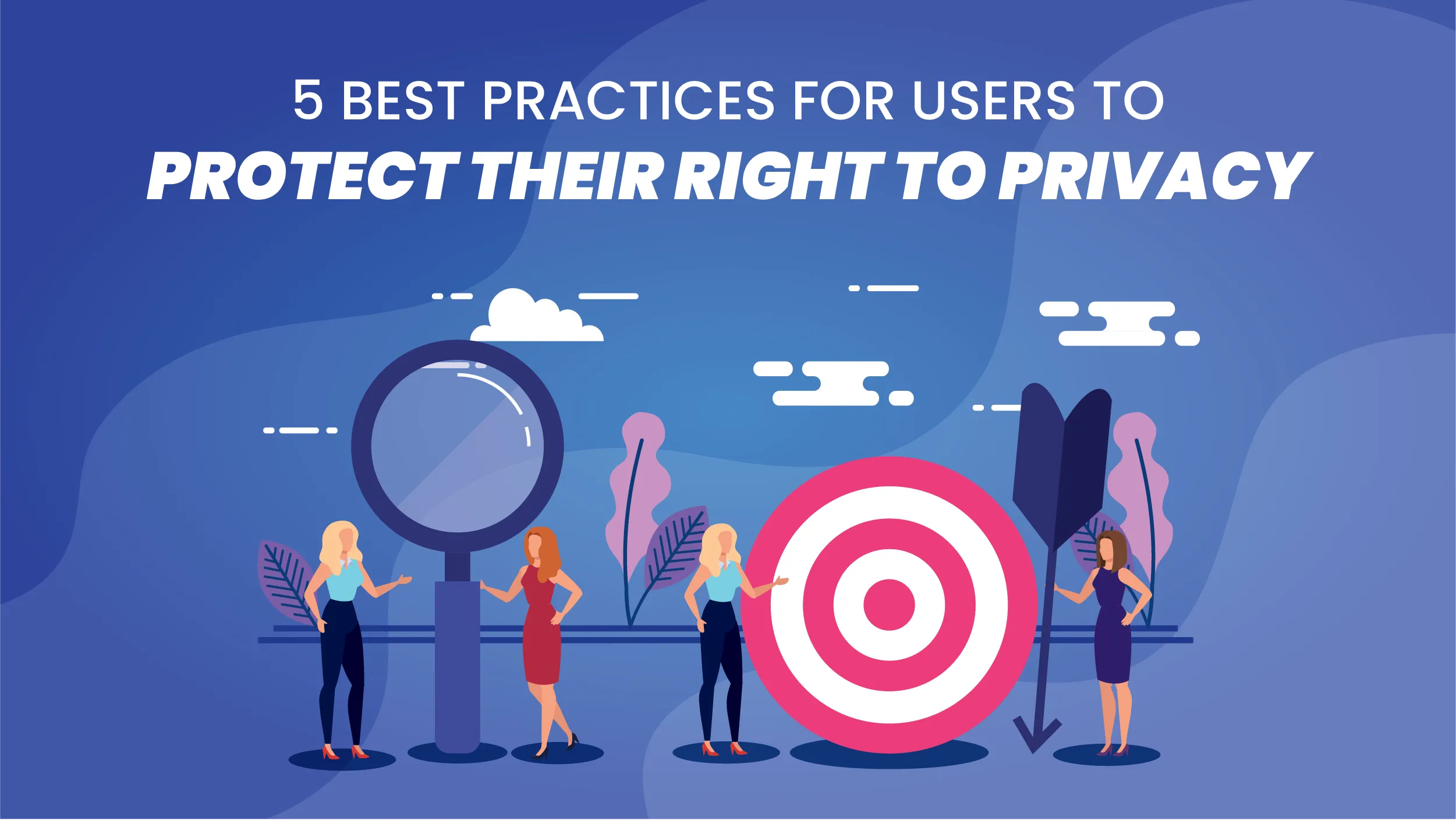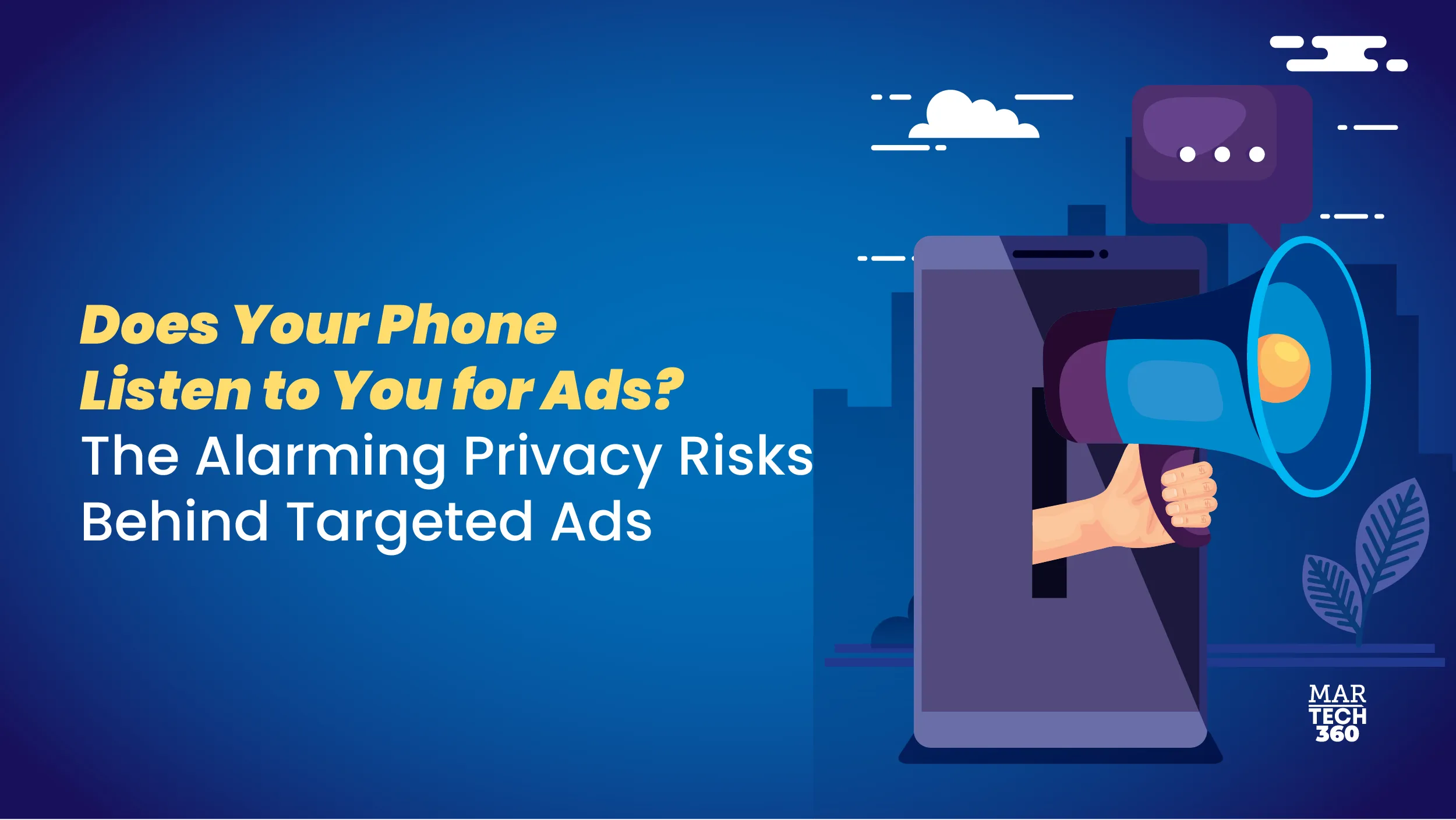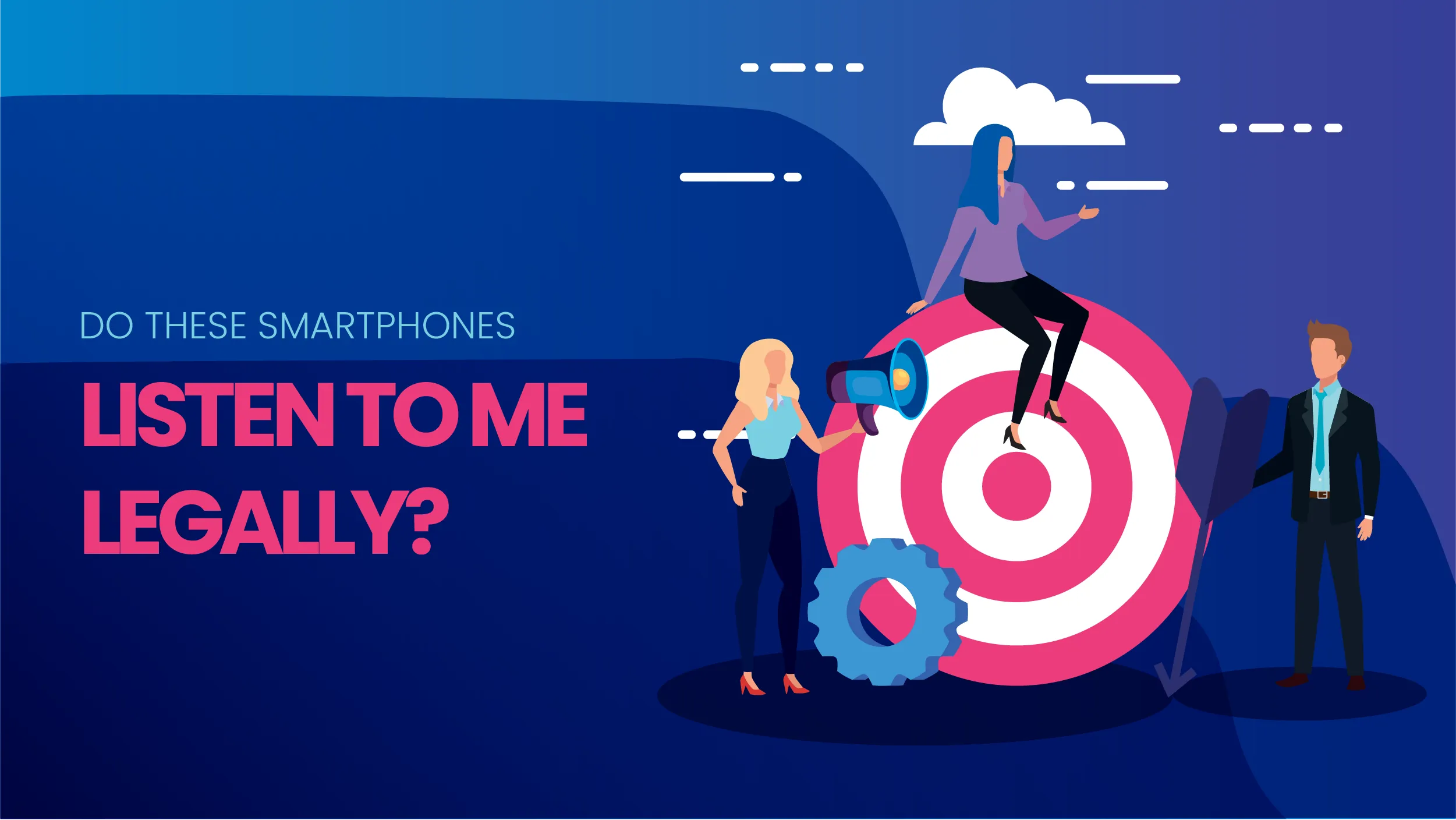Have you ever encountered this; you are having a private discussion with someone you know about a specific product or service, and soon after, you start getting to relevant ads on Facebook, Instagram, or any other digital platform. Various industry veterans argue that consumers’ right to privacy is at risk because smartphones listen to personal conversations to display customized ads. In this blog, let us have an overview of ways smartphones are listening to your conversations to display personalized ads and ways to protect your right to privacy.
The Influence of Smartphones on Marketing and Advertising
Smartphones came into the limelight in the early 2000s, which forced advertisers and marketers to revamp their marketing strategies and campaigns to encompass mobile to reach a wider audience. For example, businesses that did not have a mobile-friendly website had the risk of missing out on valuable exposure on Google’s search engine result pages (SERPs). The reason for this was Google’s algorithm update in 2015, in which websites that were optimized for mobile got priority placement for search quotes made on mobile devices.
Another crucial fact that marketers and advertisers need to understand is that smartphones are not only receivers but transmitters of information. Mobile phones in today’s digital first have become massive repositories of data on users’ preferences, tastes, and behavior. It offers digital marketing teams the capability to deliver more relevant advertising campaigns that suit various groups or individuals with different preferences.
There is a tremendous amount of evolution in consumer expectations. Consumers today expect improved relevance from the advertising messages they receive from the brands they do business with.
Does Your Phone Listen to You for Ads?
Here are a few ways that smartphones are actively listening to consumers:
● Voice-activated Functionalities
Various mobile phone devices have inherent voice-activated capabilities like virtual assistants, including Siri, Alexa, and Google Assistant. These functions get triggered when users speak specific words like Ok Google or Hey Siri. They actively listen to the users and get activated after these trigger words. Virtual assistants execute the command hands-free if connected to the internet.
● Targeted Advertising
You might be speaking about a particular product or company to your friend, and you suddenly start seeing relevant ads about those products and services on your social media feed. It is a debatable subject on users’ right to privacy. A few privacy veterans and researchers argue that a few particular applications might use the smartphone’s microphone to gather data for targeted advertising. Even Though users have the power to personalize their privacy settings to avoid their breach of privacy.
● Third-party Applications
A few third-party applications might need access to your phone’s mike to function accurately, like messaging applications that enable voice messaging or recording functions. Allowing microphones access to these apps can enable them to hear your conversations in real time.
Also Read: AI in Advertising: The Surprising Ways Big Tech is Revolutionizing Ad Strategies
Do these Smartphones Listen to Me Legally?
Mobile phones can listen to your conversations legally once you give consent to the phones to listen to your conversations. These consents are usually hidden in the terms and conditions of the application downloads or software updates. The consent is generally taken from the user through terms like the user allows the application to collect and analyze data from voice-assisted applications.
There is a significant possibility that the mobile application is listening to you illegally. It is when the user does not grant consent to listen to the user’s conversations. Usually, the phone is infected by spyware or other malware, which has the potential to listen to the user’s interaction.
Hence, to avoid these circumstances, it is suggested to restrict the permission you grant to the various applications. Also, the user needs to review the terms and conditions of new applications vigilantly that ask for access to the microphone.
Google’s Information Auctions
Google’s information auctions for voice conversation ads, like those used in Google Assistant, leverage similar principles to traditional ad auctions but are optimized for voice interactions.
The key to successful voice conversation ads lies in context and natural interaction. Google’s system focuses on delivering ads that align closely with the conversational nature of voice queries, offering a smooth user experience.
5 Best Practices For Users to Protect Their Right to Privacy

A few individuals might consider smartphones listening to their private conversation a breach of privacy, while a few others might think it a convenience. Irrespective of what you think about the phones listening to you, here are a few privacy practices that users need to consider to prevent the phones from listening to private conversations.
1. Authenticate the Downloaded Applications
It is critical that you validate and download the applications from the official stores. This approach can prevent users from downloading third-party applications that might have malware.
2. Vigilantly Review the Permissions Granted
Users need to clearly understand whether or not particular applications require access to the microphone. Granting permission to the microphone will grant the application access to the conversation in real-time.
3. Delete Google Assistant’s Voice History
Users should erase the voice request history on Google Assistant so that their memory of the interaction. It also helps in ensuring that the potentially sensitive data is not at risk from sophisticated cyberattacks.
4. Install a Robust VPN
Users can install a VPN (virtual private network) to add a robust layer of security that protects the users’ privacy. There are various VPN providers that offer strong encryption that allows the user to keep personal information safe from serious threats.
5. Keep the Software Updated
It is essential to keep all the software updated to stay one step ahead of the cybercriminals looking to exploit security vulnerabilities. The software updates patch these cybersecurity gaps.
The Future of Smartphone Advertising
Mobile phones are becoming an integral part of individuals’ lives for people across the globe. It is increasing pressure on marketers and advertisers to maintain the pace with the evolving market landscape. The future of smartphone advertising lies in balancing innovation with relevance, personalization with privacy, and creativity with consumer trust. As technology continues to evolve, brands that can adapt and embrace these trends will be able to connect with consumers in ways that feel natural, engaging, and meaningful.



Comments are closed.